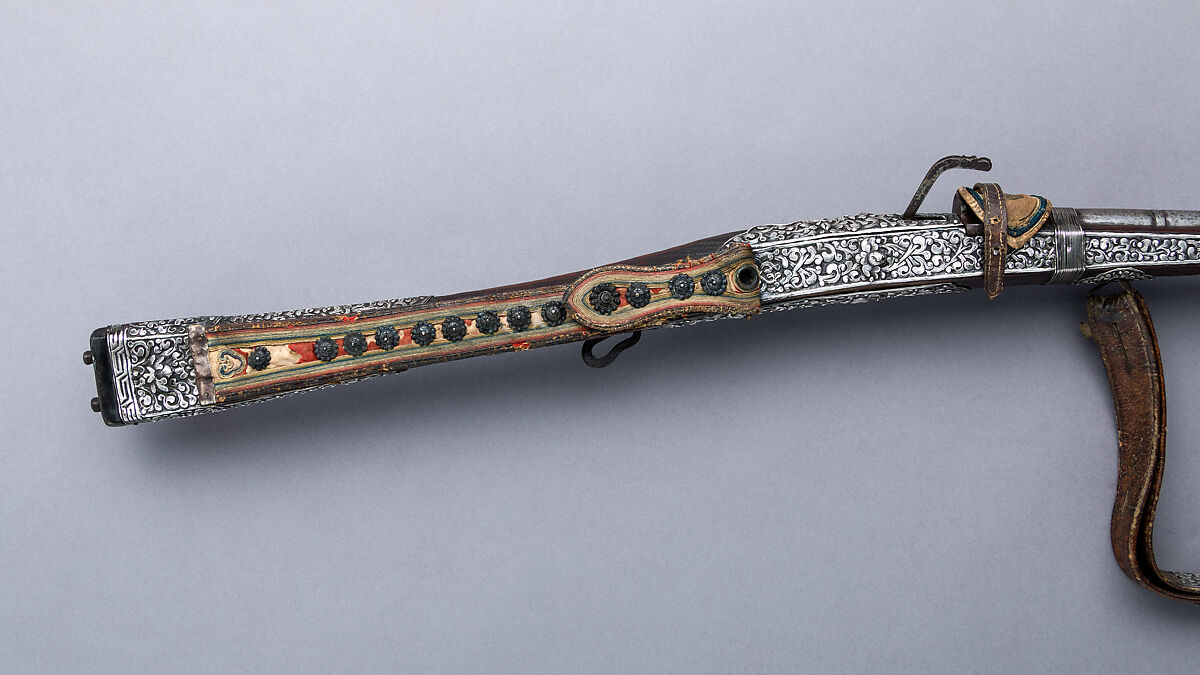Damn, they make him sound way more based than he is.
Remember when we told everyone what he was going to do and millions of voters told us we were fearmongering, lying, exaggerating, or that he "didn't mean it"?
I used to love being right. Now I fucking hate it.
Oh wow who could have fucking predicted
Oh boy, I can't wait to not be able to afford my medication for my autoimmune disease and die by vomiting blood until I exsanguinate! Thanks abstainers!
Bernie on the right side of history as usual.
Look, NATO is bad, that's why it's absolutely necessary for anti-imperialism purposes that Russia invades its neighbors before they can get into NATO!
"It's NOT a gun control issue, it's a mental health issue!"
"Then we're expanding access to mental healthcare?"
"Fuck no, that's SOCIALISM and psychiatry is bullshit anyway!"
Her trip to jail occurs as such therapy and its potential harms are increasingly coming under fire in Colorado.
The treatment is used by family courts to settle custody fights. Services like those provided by Bassett use confrontation and exercises to deprogram a child’s rejection of a parent. In extreme cases, children have been sent across state lines to reunification camps with parents they reject, and they are barred from having contact with their protective parent.
The fuck
Vegans argued that cats, which are obligate carnivores, can eat a vegan diet safely. Lemmy.world admin removed the posts for being misinformation, and the vegan community threw a fit over it.
Alright, let's get it out ahead of time, since I'm already seeing this:
It's probably not staged. Trump reacts quickly - the fuck kind of timing you think that bloated potato has? To lift his hand to his ear just as the gunshot rings out? And the idea that the shooter grazed him on purpose is, likewise, absurd. The kind of risk that would entail, to just nick his ear?
Whether the shooter was insane or politically motivated, this is a real event.
Fuck, not being able to trust your doctor because some bootlicker in a suit has passed (or is trying to) a law defining your body's natural processes as a potential murder case?
Fuck these fascist Republican scumbags.
PugJesus
0 post score0 comment score
















Hard not to sympathize. World is fucked.